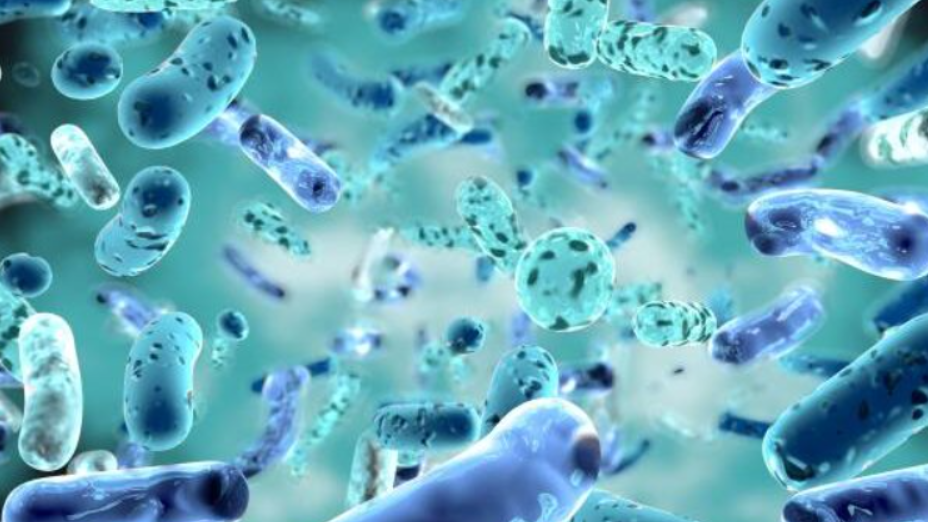A recent analysis published in the journal The Lancet says that bacteria were the second leading cause of deaths globally in the year 2019, the year before the COVID-19 Pandemic started. The study considered 33 bacteria that we encounter usually with 11 types of infections across 204 countries and territories. The study found that in the year 2019, these pathogens accounted for about 7.7 million deaths, which is 13.6% of the global total and one in every eight deaths.
These bacterial infections cause a variety of diseases of which some may lead a patient to even the Intensive Care Unit (ICU) which include skin infection, blood poisoning, Tuberculosis (TB), diarrhea, pneumonia, ear infection etc.
The figures put bacterial pathogens as the second leading cause of global death related to diseases in 2019. Only coronary heart disease caused more deaths than bacteria.
The findings also suggest that bacterial infections causing infection on the skin, food poisoning as well as Urinary tract Infection (UTI) are on surge worldwide. This, experts opine, also highlights an increasing threat of antimicrobial resistance. In extreme cases, where antibiotics (drugs to kill bacteria) fail to work, the life-threatening condition called sepsis can be triggered by bacterial infection. Sepsis is a severe situation where the immune system (The body’s defense mechanism) attacks its own tissues.
Christopher Murray, director of the Institute of Health Metrics and Evaluation, USA and a co-author of the Lancet study commented in a statement, “These new data for the first time reveal the full extent of the global public health challenge posed by bacterial infections.”
“It is of utmost importance to put these results on the radar of global health initiatives so that a deeper dive into these deadly pathogens can be conducted and proper investments are made to slash the number of deaths and infections.”
However, global death due to bacterial infections is also not free from stark differences between rich and poor countries. The study highlighted that in the Sub-Saharan African region, the deaths due to bacterial infection were 230 per 1,00,000 population. On the other hand, these numbers fell drastically in the wealthy regions. The number of deaths due to bacterial infection fell to 52 per 1,00,000 population in the high-income regions of Western Europe, North America and Australasia. Keeping this disparity in mind, the authors of the Lancet study urged financial cooperation with the weaker countries and an increase in funds including new vaccines in order to reduce the number of deaths. They also raised a caution about unwarranted antibiotic use aiming at controlling the emergence of antibiotic-resistant bacterial strains.
The study pointed out that just five bacteria out of those 33 considered for analysis had caused more than half of the deaths.
The five most dangerous bacteria identified in the study are
1. Escherichia coli (E. coli): It is found in the environment, soil and foods. While most of the variants of this bacterium are harmless others can cause UTI, diarrhea and also respiratory illness sometimes.
2. Staphylococcus aureus: mostly causes skin infections and sometimes this may become severe by blood poisoning
3. Streptococcus Pneumoniae: It can cause pneumonia and sometimes meningitis, while mostly it causes ear infections.
4. Klebsiella pneumonia: it also can cause pneumonia. This pathogen has the ability to become a superbug when it becomes almost impossible to fight with common antibiotics.
5. Pseudomonas aeruginosa: it can also cause pneumonia. However, pseudomonas can cause infection in other body parts as well and they are found commonly in soil and water and spread through contaminated water and also in hospitals through contaminated devices.





